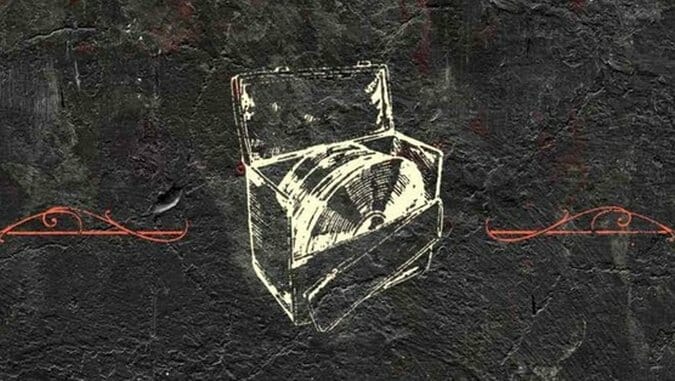Do Not Sell At Any Price by Amanda Petrusich
The Wild, Obsessive Hunt for the World's Rarest 78rpm Records

Amanda Petrusich has a stellar resume—she contributes to numerous publications, including Paste, The New York Times and Pitchfork; she writes books, including an entry in the 33 1/3 series on Nick Drake’s Pink Moon.
Her latest work may be her most inventive and compelling yet.
Do Not Sell At Any Price shows the ways a group of competitive record collectors have shaped pop’s history. It started as a story for Spin about, in her words, the “commercial resurgence of vinyl.” To be clear, she doesn’t write about just any vinyl. (Your garden-variety garage-sale LPs? Kid stuff.) She’s into 78s—older, stranger, more esoteric and in worse condition. Eventually Petrusich’s Spin story became a book about the people who lusted after those objects … and she joined their ranks.
-

-

-

-

-

-

-

-

-

-

-

-

-

-

-

-

-

-

-

-

-

-

-

-

-

-

-

-

-

-

-

-

-

-

-

-

-

-

-

-








































